News
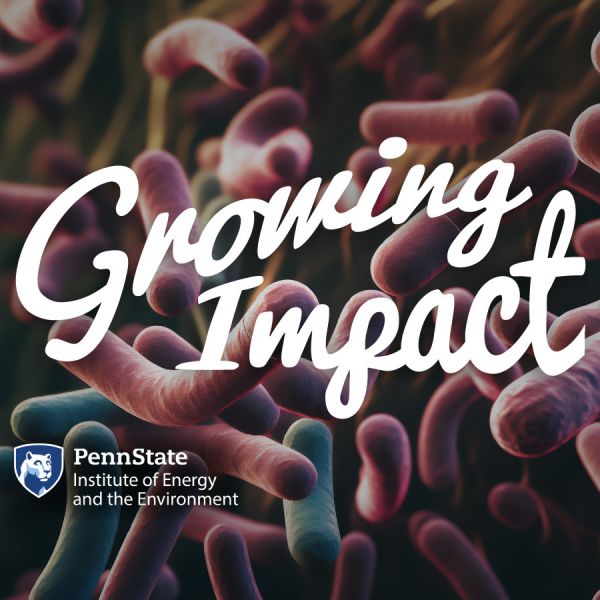
Mar 03, 2025
'Growing Impact' discusses environmental contaminants, human health
The latest episode of Growing Impact discusses how environmental contaminants affect human health, a research focus for Penn State professors Andrew Patterson and Costas Maranas.
Full Article

Jul 30, 2024
Craig Praul named director of Huck Core Facilities
Joining Praul on the new leadership team are Rajeswaran Mani, director of the Flow Cytometry Facility, and financial specialist Kelly Foster.
Full Article
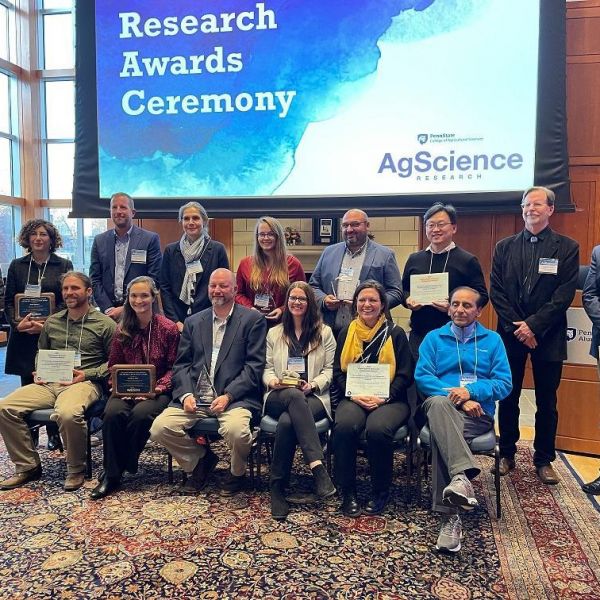
Nov 28, 2023
College of Ag Sciences recognizes faculty, staff for research achievements
Penn State’s College of Agricultural Sciences lauded outstanding accomplishments in research during the 2023 Research Awards Ceremony, held Nov. 1 at the Hintz Family Alumni Center on the University Park campus.
Full Article

Jan 13, 2023
Two College of Ag Sciences faculty among highly cited researchers in 2022
Andrew Patterson and Jonathan Lynch in Penn State’s College of Agricultural Sciences were recognized recently as highly cited researchers by the Clarivate Analytics Web of Science Group.
Full Article
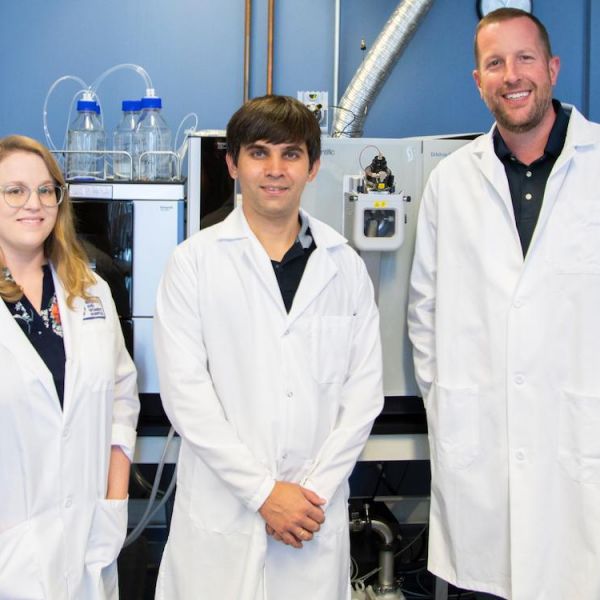
Sep 06, 2022
Metabolomics Core Facility continues to expand while pushing scientific bounds
Established nearly a decade ago, Penn State’s Metabolomics Core Facility is housed in the Huck Institutes of the Life Sciences on the University Park campus.
Full Article
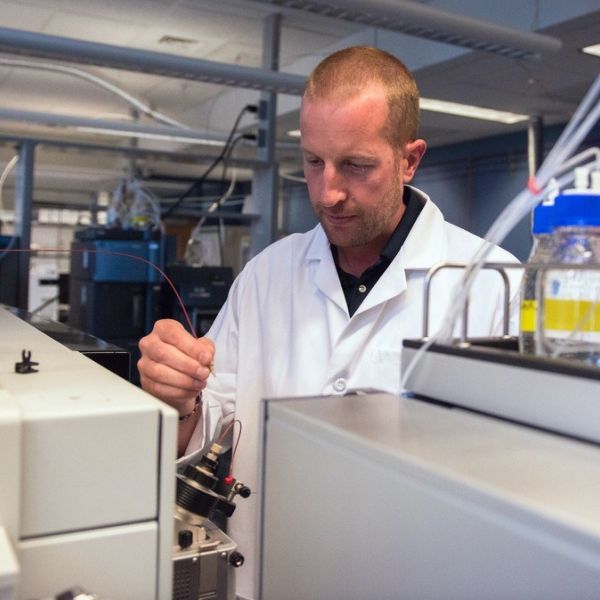
Feb 10, 2021
Andrew Patterson receives Society of Toxicology Achievement Award
The Society of Toxicology has named Tombros Early Career Professor Andrew Patterson of Penn State as the recipient of its 2021 Achievement Award, recognizing his significant contributions to the field of toxicology within 15 years of obtaining the highest earned degree.
Full Article
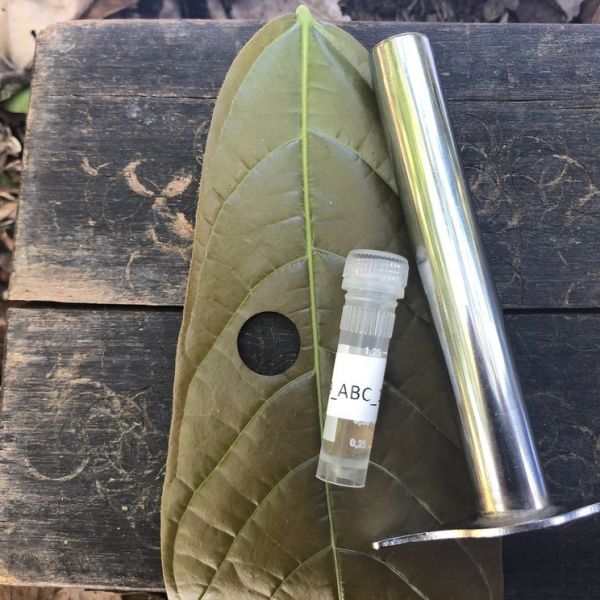
Jan 04, 2021
Discovery of chemical clue may lead to solving cacao's black pod rot mystery
The finding of relatively high levels of the antimicrobial compound clovamide in the leaves of a disease-resistant strain of cacao has significant implications for breeding trees that can tolerate black pod rot, according to Penn State researchers who conducted a novel study.
Full Article
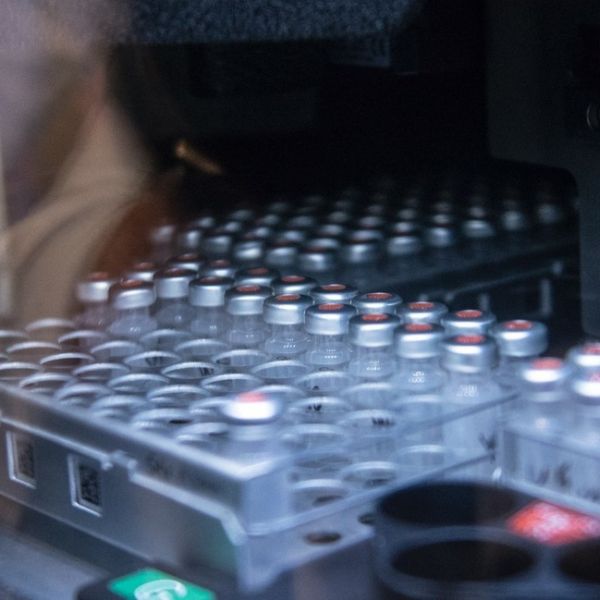
Mar 11, 2020
Listening to your gut: A powerful new tool on the microbiome and cell metabolism
Many aspects of our lives — not only the presence or absence of certain diseases, but conditions like obesity, sleep patterns, even mood — may be determined, to a surprising extent, by the microbes living inside of us.
Full Article
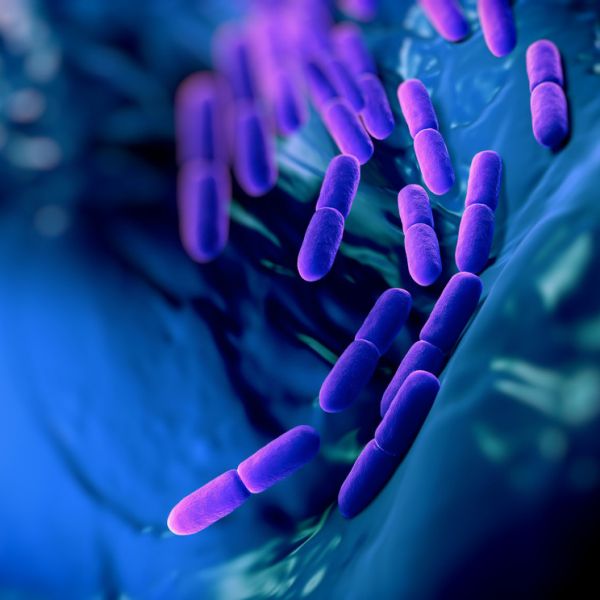
Jan 21, 2020
Persistent environmental contaminant changes the gut microbiome of mice
An industrial chemical — phased out since 2002, but previously used in stain and water-repellent products and firefighting foam — alters the gut microbiome of mice and could have implications for human health, according to an international team of researchers.
Full Article
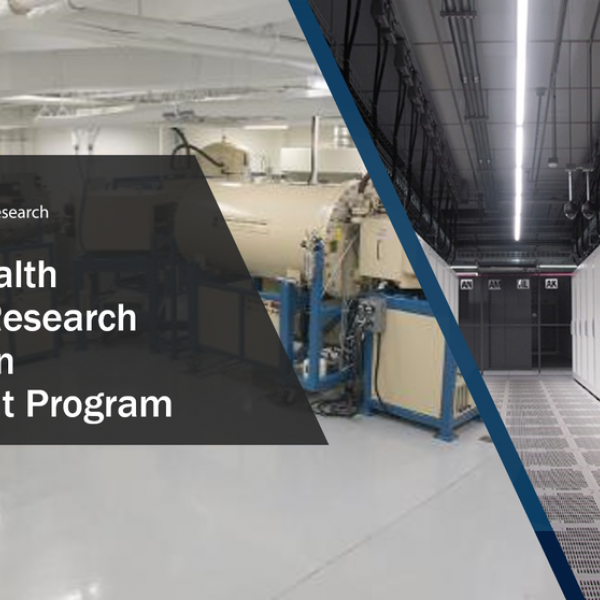
Nov 06, 2018
Partnership announced between Commonwealth Campuses and shared facilities
The Office of the Vice President for Research at Penn State has announced the launch of a new program to support increased usage of shared core facilities and services by faculty at the Commonwealth Campuses.
Full Article